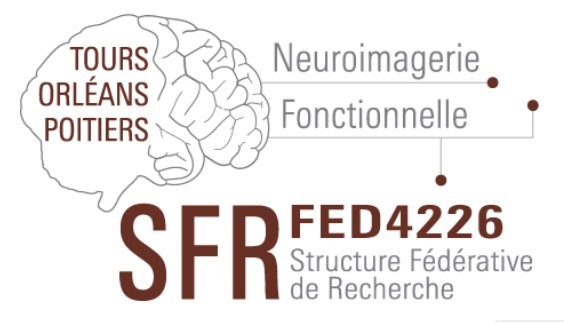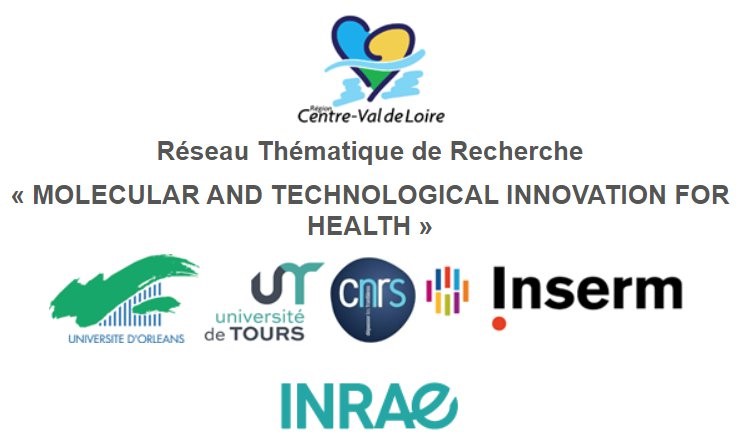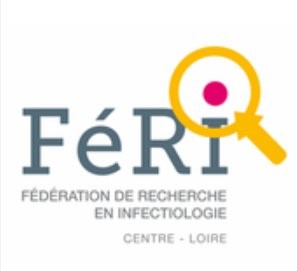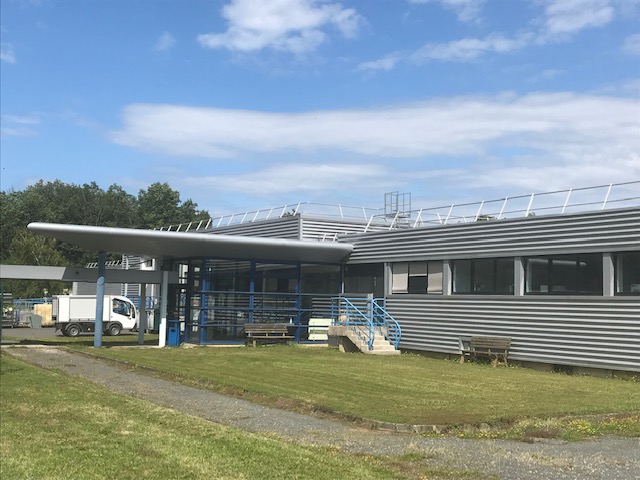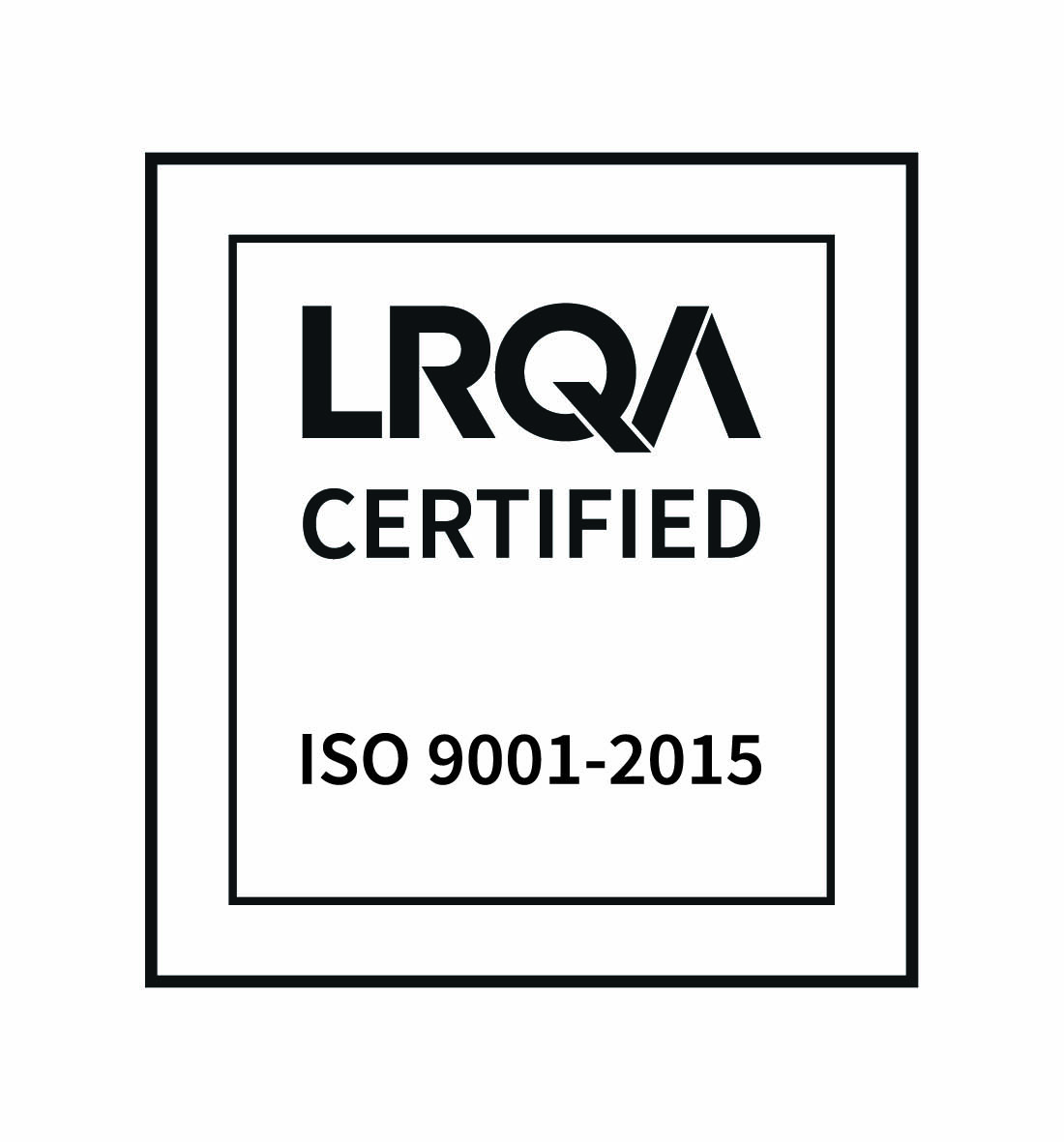

Joint Research Unit (UMR)
Experimental and Molecular Immunology and Neurogenetics (INEM)
Experimental and Molecular Immunology and Neurogenetics (INEM)
.
History
The INEM laboratory, stemming from the IEM (Immunology and Molecular Embryology, UMR6218), was created in 2012 and renewed in 2018, with a new constellation of young or already well-established teams. Joint research unit labeled by the CNRS and the University of Orleans (UMR7355), INEM is located on the CNRS campus in Orleans. It includes around forty people, with 27 permanent staff (10 HDRs, Researchers, Teachers- researchers, hospital practitioners, administrative and technical staff), contractors (post-docs, engineers) and 6-8 PhD students.
INEM is devoted to developing and studying mouse models of human diseases in the field of immunology and neurogenetics in order to understand the molecular mechanisms involved. The pathologies studied include lung infection and inflammation, asthma and pulmonary fibrosis, but also neurodevelopmental diseases linked to genetic disorders or exposure to toxins or pesticides.
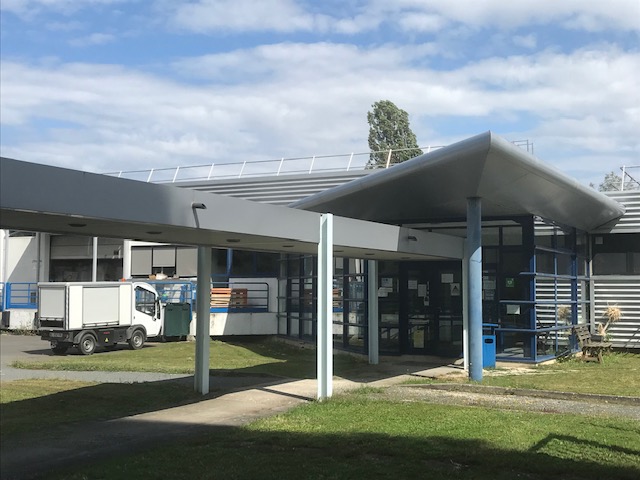
Lorem ipsum dolor sit amet, consectetur adipiscing elit. Ut elit tellus, luctus nec ullamcorper mattis, pulvinar dapibus leo.
Scientific Objectives
The scientific objectives of the UMR7355 INEM “Experimental and Molecular Immunology and Neurogenetics” are the study of the molecular and cellular mechanisms involved in host-pathogen relationships, pulmonary inflammation, the genetics of autism and mental deficiencies and in neurotoxicity processes during development. We are developing a common transversal project in Neuro-inflammation. We analyze the mechanisms involved in certain pathologies, which allows us to identify and validate molecular targets of interest.
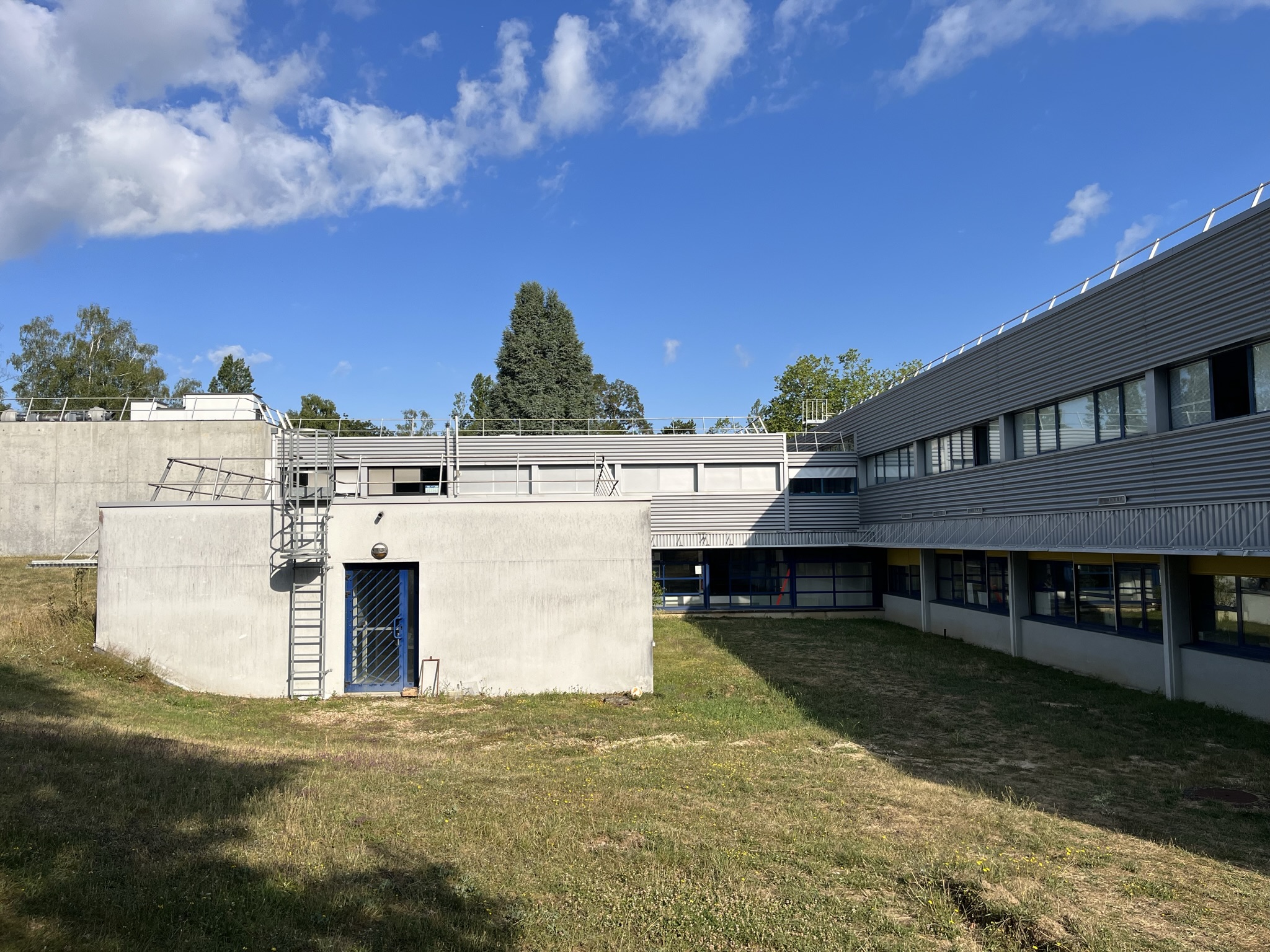
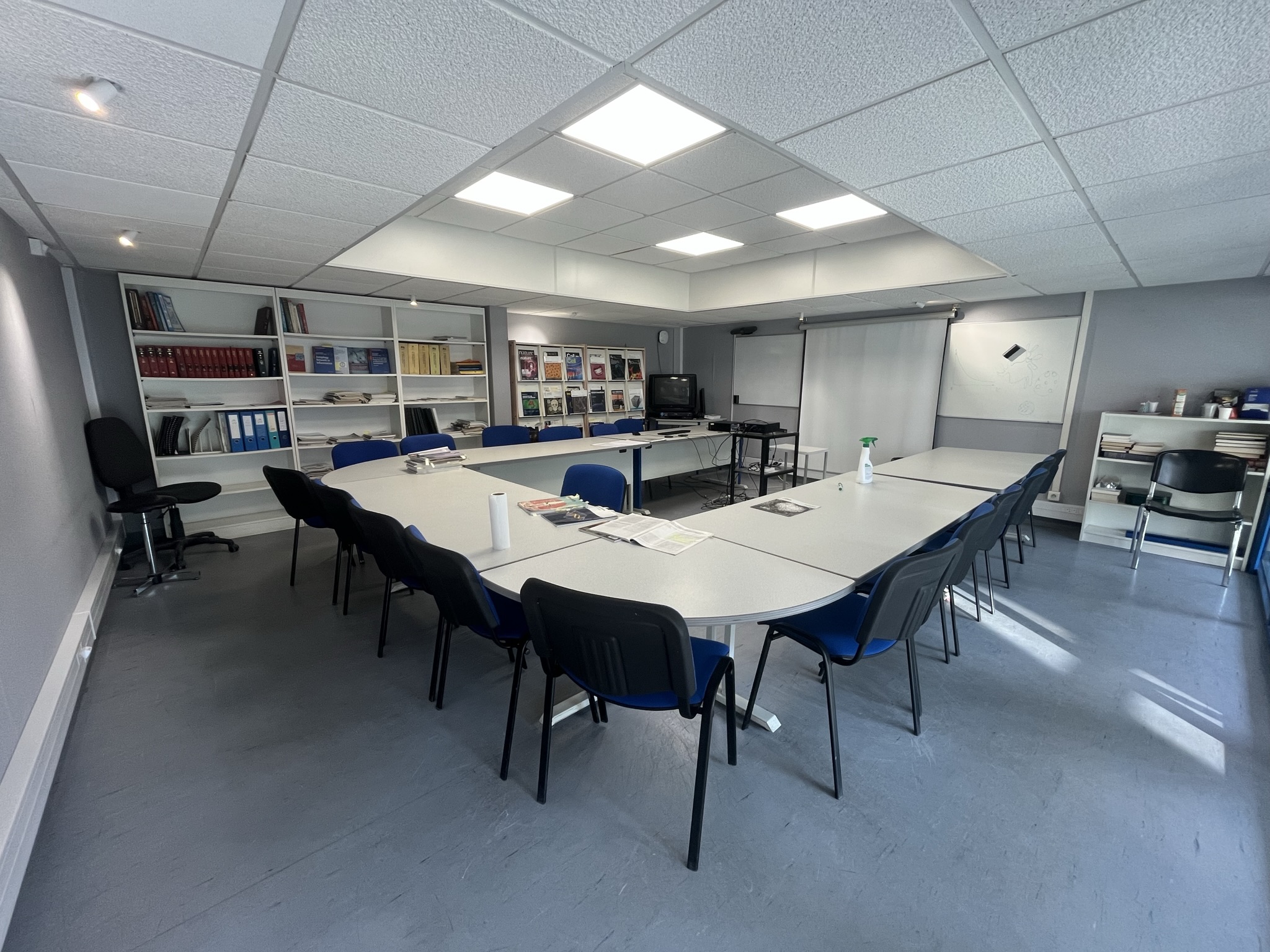
.
Our mission
Improve our knowledge of physiological, immunological and inflammatory mechanisms at the fundamental level, but also to transfer this knowledge into relevant models for the testing of drug candidates, as well as support student training, from the university (Master and PhD programs) as well as among the youngest by participating in the EDIFICE program. We are also keen to support lifelong training with in particular internships as part of Pôle-Emploi training; Our laboratory thus trains not only a large number of interns and students ( >140 interns over the 2016-2021 period), but also their first fixed-term employment (22 over the 2016-2021 period), half of which led to permanent public positions or CDI in the private sector.

.
Interactions with the economic and social environment
Our experience in the pharmaceutical industry and in medicine means that we take great care in transferring this fundamental knowledge into relevant models for the testing of drug candidates. We interact closely with the world of business, technology transfer and clinical research. Since 2010, we have been home to Artimmune, SAS (CEO F. Trovero / Project Manager N. Segueni), a company founded on the basis of the expertise and research carried out within the immunology teams, which currently employs 7 people on permanent contracts, including project managers, engineers and assistant engineers, plus PhD students on contract in partnership with the research unit. Following the filing of patents in the field of Fragile X, Sylvain Briault’s Neurogenetics team obtained its first orphan drug registration from the CNRS this year, and a clinical trial is currently being set up. The partnerships set up contribute effectively to the unit’s research and reputation: the 2 LIAs set up with South Africa and Brazil are the subject of effective collaborations, both in terms of student and researcher exchanges and joint publications. As several of our founding members and senior scientists are physicians and/or come from the pharmaceutical (Sandoz, Ciba-Geigy, Novartis) or biotech (Key-Obs) industries, our approach is largely focused on experimental medicine. We develop mouse models of human pathologies, in the fields of inflammation, infection and neurobiology.
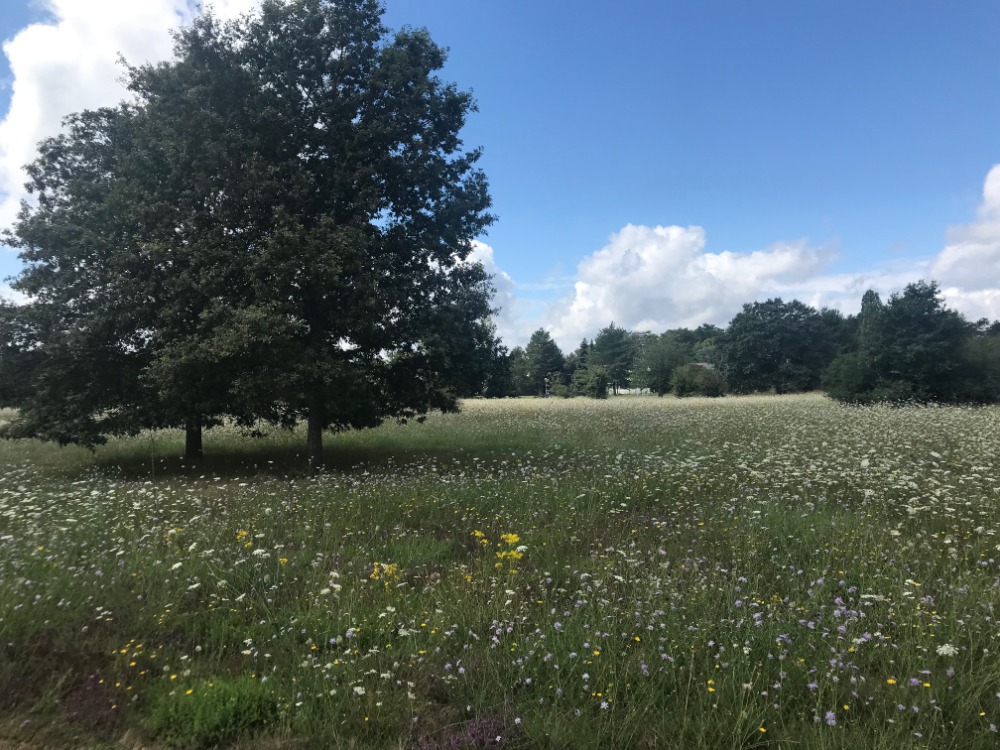
As several of our founding members and senior scientists are physicians and/or come from the pharmaceutical (Sandoz, Ciba-Geigy, Novartis) or biotech (Key-Obs) industries, our approach is largely focused on experimental medicine. We develop mouse models of human pathologies, in the fields of inflammation, infection and neurobiology.
